Essential Hygiene Maintenance in Guest Rooms
Waterproof Barriers Against Spills and Stains
Waterproof pillow protectors are indispensable in guest rooms as they actively prevent the absorption of liquids, which can result in stains and damage to pillows. Research indicates that stains can lead to decreased guest satisfaction and increased cleaning costs. These protectors create a robust barrier using materials like polyurethane and vinyl, renowned for their efficacy and durability. Surveys in the hospitality industry have shown that hotel cleanliness—supported by effective waterproof solutions—contributes to increased occupancy rates and guest retention. Properties that implement waterproof pillow covers can significantly enhance guest satisfaction while maintaining the longevity of their investment in bedding.
Easy Cleaning for Frequent Guest Turnover
Waterproof pillow protectors simplify the cleaning process, making it easier to accommodate frequent guest turnovers while boosting operational efficiency. These protectors can be quickly removed, washed, and replaced, allowing housekeeping staff to maintain hygienic standards without excessive downtime. Effective methods for cleaning and sanitizing include machine washing with appropriate detergents, which help save time and assure cleanliness. Case studies from various hospitality properties demonstrate enhanced productivity through the use of waterproof pillow covers. By reducing the cleaning time, establishments can focus on other vital areas that contribute to guest satisfaction.
Preventing Odor Buildup with Moisture Control
Waterproof pillow protectors are crucial in moisture control, preventing the growth of bacteria and mildew, which are common causes of bad odors. Hotel settings often face the challenge of odor buildup due to the humid conditions and the continuous use of bedding by different guests. Moisture-wicking materials effectively mitigate these issues, helping maintain a fresh environment in guest rooms. Studies indicate a strong correlation between an odor-free environment and high guest satisfaction ratings. Thus, investing in quality waterproof pillow covers can ensure a pleasant experience for guests, fostering a welcoming atmosphere that enhances their stay.
Hypoallergenic Protection for Sensitive Guests
Hypoallergenic materials in pillow protectors offer essential protection for guests with allergies, asthma, or skin sensitivities. These materials are specially designed to reduce the presence of allergens like dust mites and pet dander, which are common irritants in hotel environments. Waterproof pillow protectors add an extra layer of defense by preventing allergens from penetrating the pillow surface. This dual function of the pillow protectors, as both a waterproof barrier and a hypoallergenic shield, ensures a conducive environment for guests with health sensitivities. According to surveys, a significant number of travelers cite concerns about allergens when selecting their accommodations, highlighting the growing demand for allergy-friendly lodging.
Dust Mite Prevention with Zippered Enclosures
Zippered pillow covers are a robust solution in the battle against dust mites, effectively sealing off the pillow from these microscopic pests. By creating an impermeable barrier, these enclosures ensure that dust mites and their waste products cannot enter the pillow, which is a critical component of an overall allergen management strategy. Dust mites thrive in the warm and humid conditions often found in guest rooms, feeding on dead skin cells. Protective covers are highly recommended by experts to mitigate these conditions, thus enhancing guest health and comfort. Industry experts advocate using such covers as a key part of hotel allergen management strategies.
Reducing Allergy Triggers in Shared Spaces
Implementing waterproof and antimicrobial pillow protectors in guest rooms is a strategic approach to minimizing allergens in shared spaces. These protectors significantly lower the risk of exposure to common irritants like dust mites and mold spores, promoting better air quality and reducing allergy triggers. Studies have shown that improved indoor air quality correlates with a decrease in allergy symptoms, ensuring a more pleasant stay for guests. Observations within the hospitality industry support these findings, indicating that properties employing effective allergen management strategies, including the use of protective pillow covers, report higher levels of guest satisfaction.
Blocking Oil and Sweat Damage to Pillow Fill
Waterproof covers provide essential protection against oil and sweat, helping to prevent pillow degradation and odor formation. This protection is vital as sweat and oils naturally seep into pillows during sleep, potentially leading to unpleasant odors and filling deterioration over time. By creating a barrier against moisture, waterproof pillow covers help maintain the integrity and cleanliness of the pillow fill. As a result, hotels can experience significant cost savings over time, attributed to the extended lifespan of pillows. According to industry data, pillows protected by waterproof covers can last significantly longer than those without, showcasing the importance of investing in such protective measures.
Cost-Effective Replacement Avoidance Strategies
Investing in quality waterproof pillow protectors is a strategic move for hotels aiming to minimize frequent pillow replacements and associated costs. These protectors act as a preventive measure, extending pillow life by shielding them from potential damages caused by spills and sweat. The return on investment (ROI) for hotels utilizing such strategies can be substantial compared to those that do not, as the costs saved on pillow replacements add up over time. Budgeting for these protective solutions is crucial, yet the long-term financial benefits far outweigh the initial expense. By adopting these strategies, hoteliers not only protect their investments but also enhance guest satisfaction with well-maintained clean pillows.
Durability of Waterproof vs. Standard Covers
When comparing waterproof pillow covers to standard ones, the durability difference is profound. Waterproof covers offer robust protection against moisture and environmental damages, ensuring pillows remain in pristine condition for longer. This durability significantly impacts overall maintenance costs and guest satisfaction, as less frequent replacements translate to cost savings and consistent quality. Many industry testimonials highlight the practicality and resilience of waterproof products, noting their effectiveness in maintaining pillow integrity even through heavy use. Consequently, the investment in waterproof pillow protectors proves both practical and economically beneficial for hospitality providers aiming to keep up with industry standards and guest expectations.
Noiseless, Breathable Fabric for Better Sleep
The use of noiseless materials in pillow protectors is crucial for ensuring better sleep quality. Pillow protectors crafted from advanced textiles prevent rustling sounds that might disturb a guest's rest, thus promoting deeper and uninterrupted sleep. Research shows that quality sleep significantly influences guest satisfaction, often translating into higher accommodation ratings and repeat bookings. A study on sleep's impact on guest experiences found that noise reduction in bedding products led to improved guest feedback, emphasizing the importance of silent bedding solutions in the hospitality industry.
Maintaining Pillow Fluffiness Over Time
Waterproof pillow protectors are instrumental in maintaining the fluffiness and original shape of pillows, ensuring comfort over prolonged use. These protectors act as a barrier, preventing moisture from penetrating the pillow, thus maintaining its integrity and plushness. Guests value a luxurious sleeping experience, which fosters a positive psychological association with the brand and enhances loyalty. Experts suggest that regular use of quality protectors helps prolong pillow life and elevate the overall hospitality experience, contributing to long-term guest satisfaction and retention.
Positive Reviews Through Cleanliness Assurance
Cleanliness, backed by the use of waterproof and protective bedding, plays a pivotal role in building guest trust and confidence when booking accommodations. Waterproof pillow protectors are seen as a testament to impeccable hygiene standards, reassuring guests of a clean sleeping environment. There is a well-documented correlation between meticulously maintained rooms, including the presence of waterproof solutions, and positive online reviews. Hospitality leaders highlight that by ensuring cleanliness through protective measures, accommodations can significantly boost their brand reputation and appeal to travelers who prioritize hygiene.

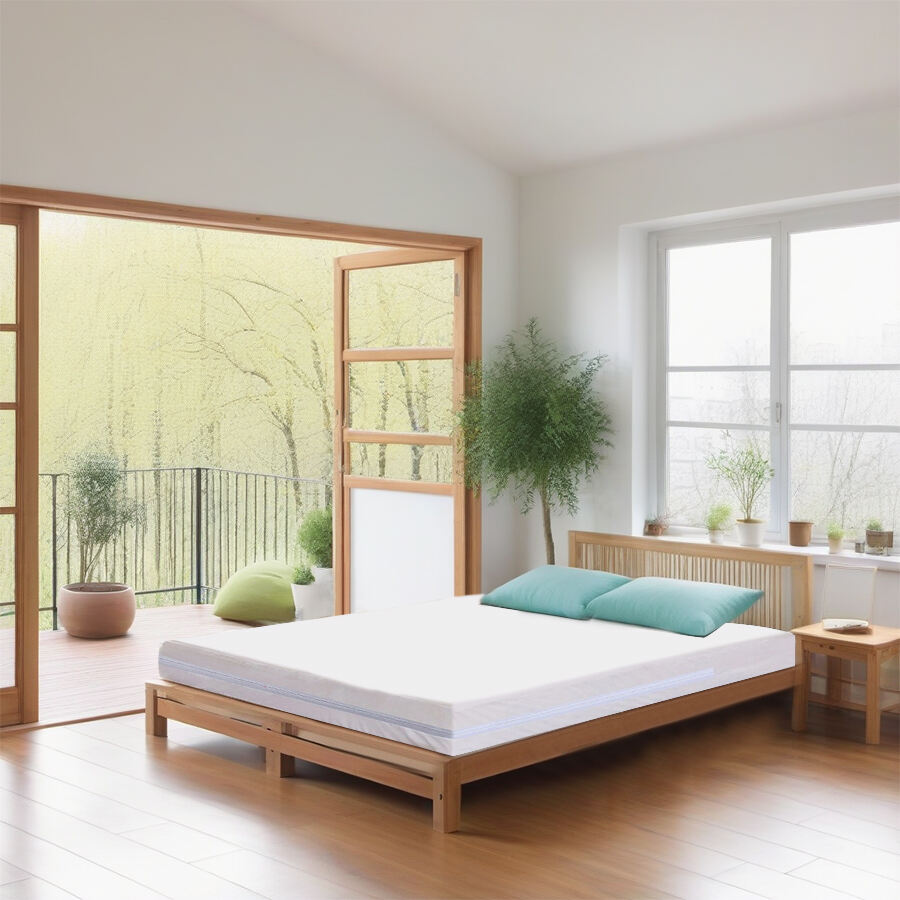
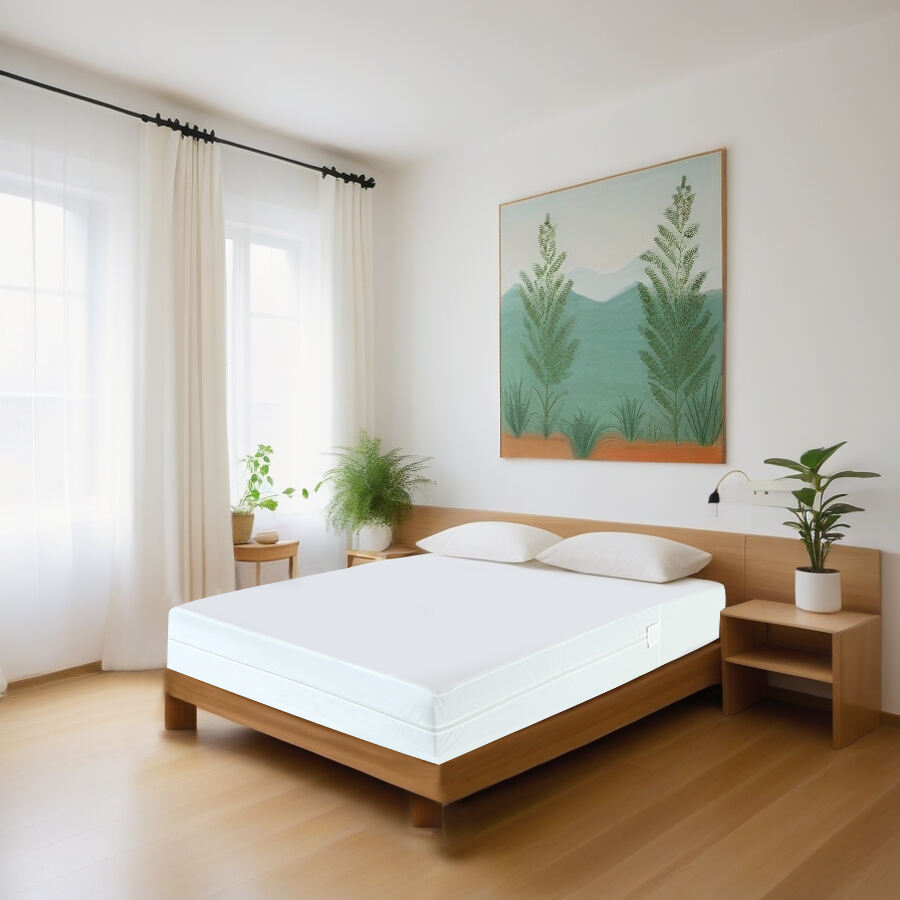



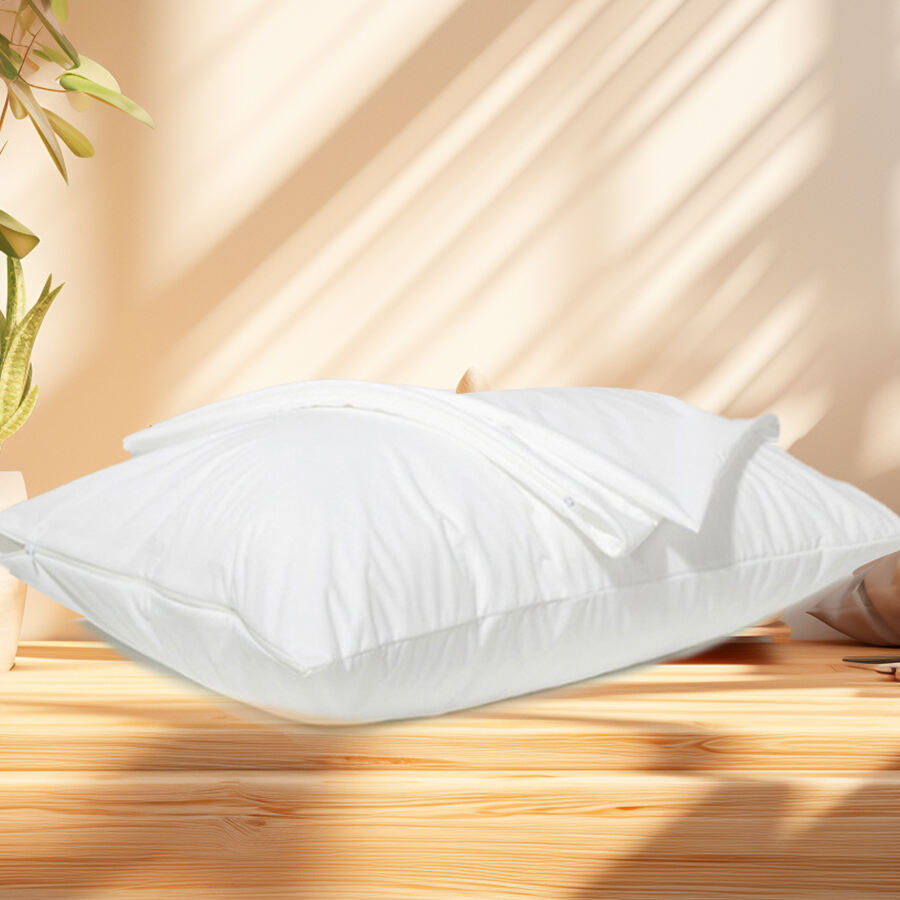













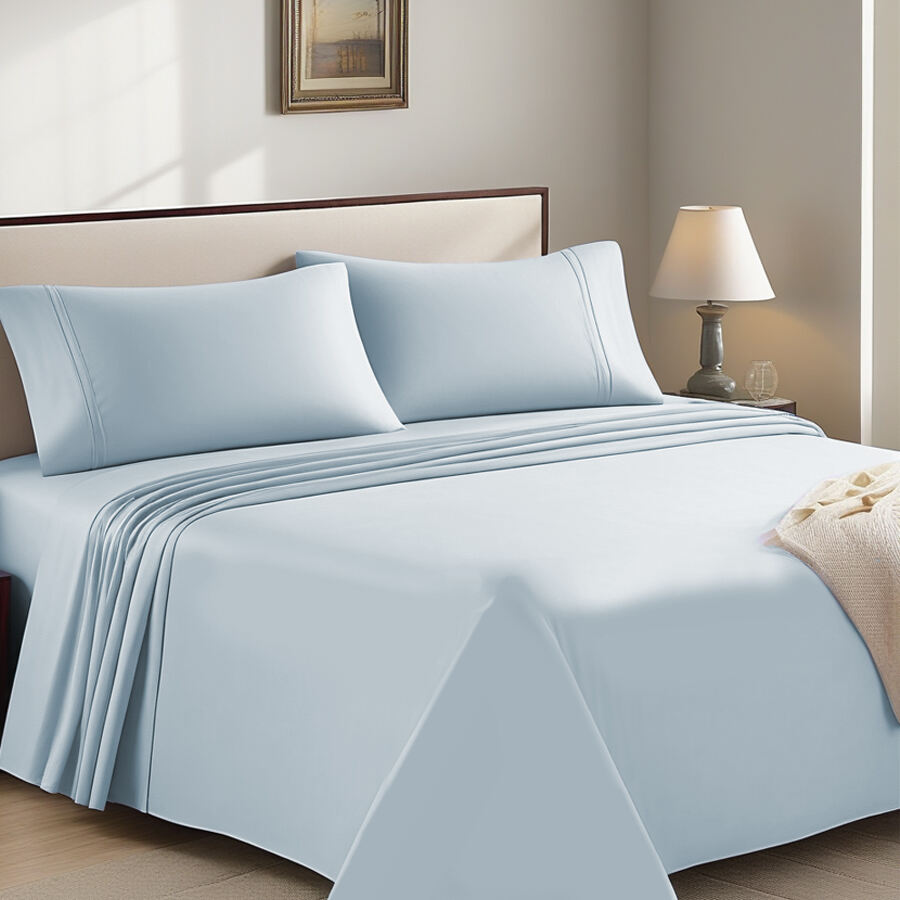


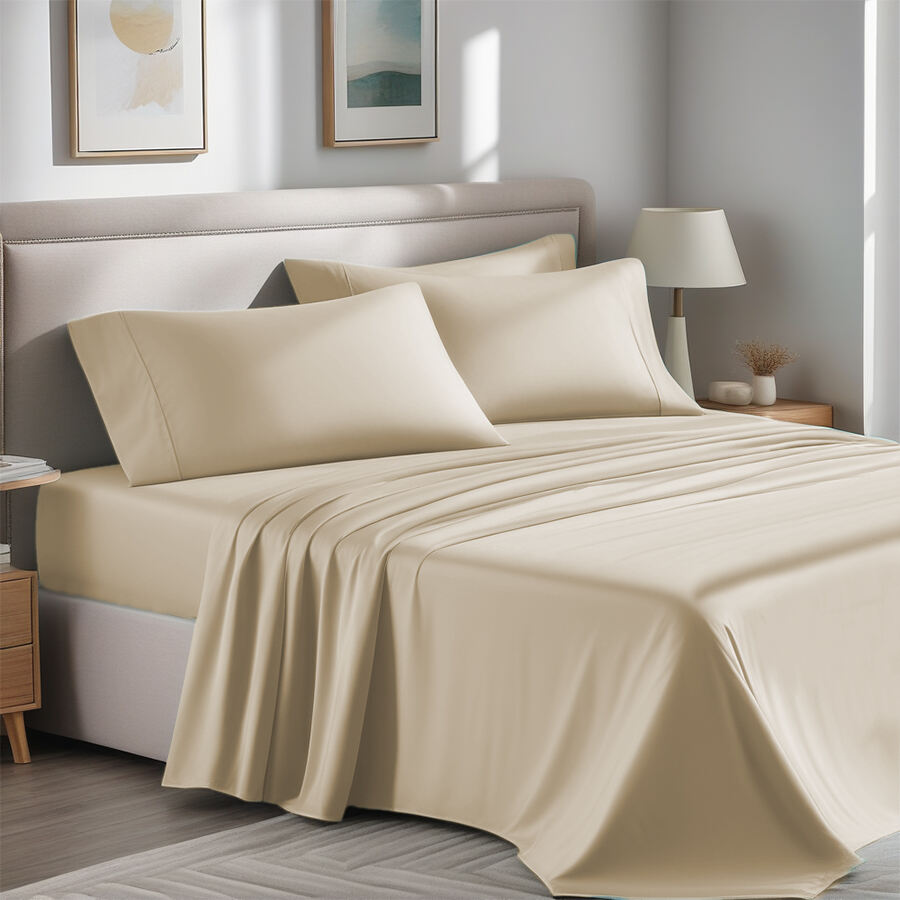




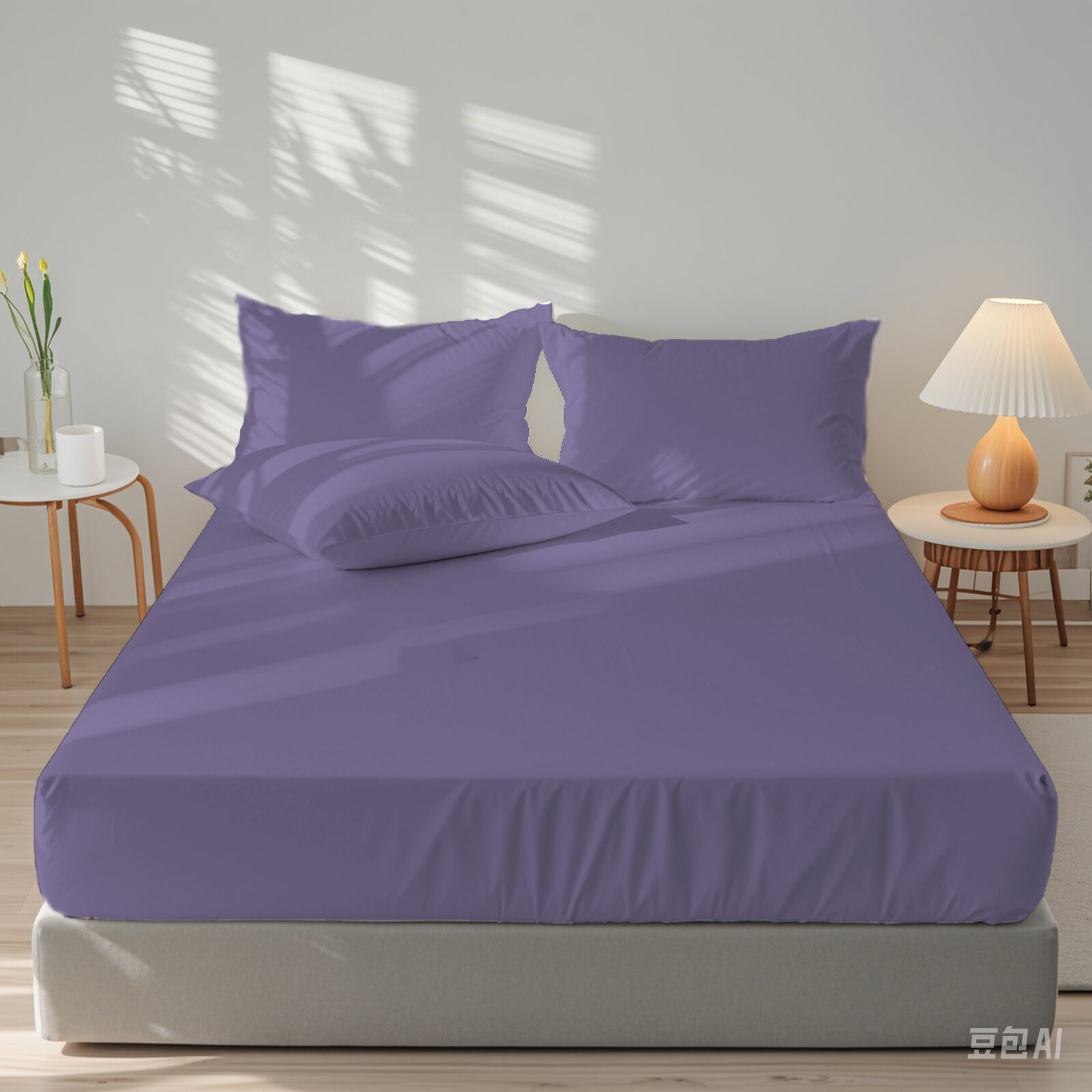
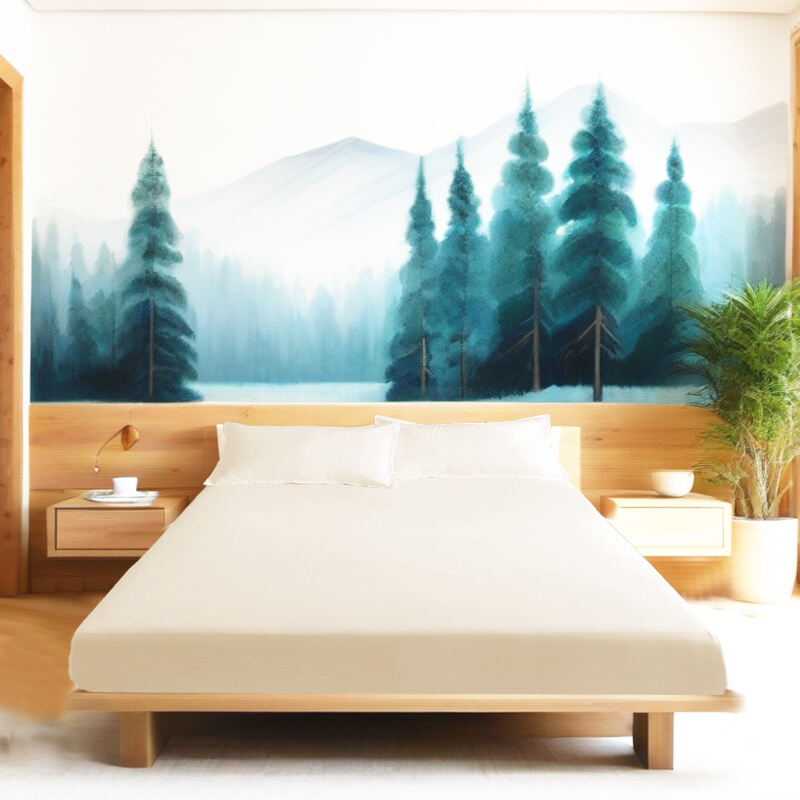
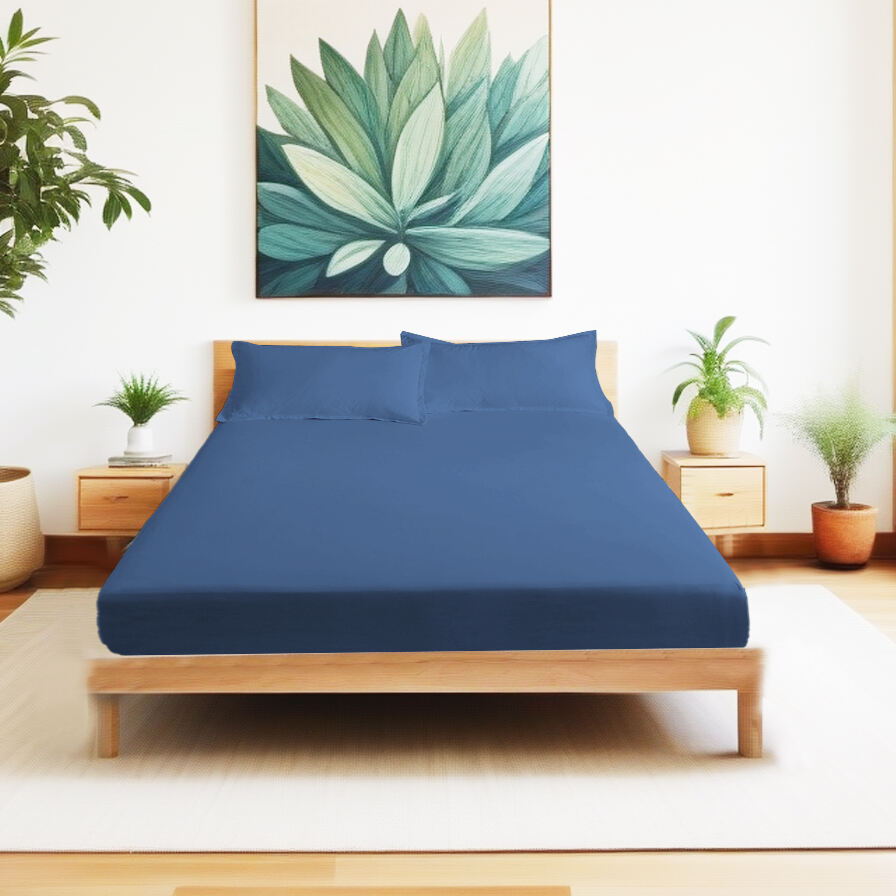

 EN
EN
 AR
AR HR
HR DA
DA NL
NL FR
FR DE
DE EL
EL IT
IT JA
JA KO
KO NO
NO PL
PL PT
PT RU
RU ES
ES SV
SV IW
IW VI
VI HU
HU TR
TR AF
AF MS
MS GA
GA